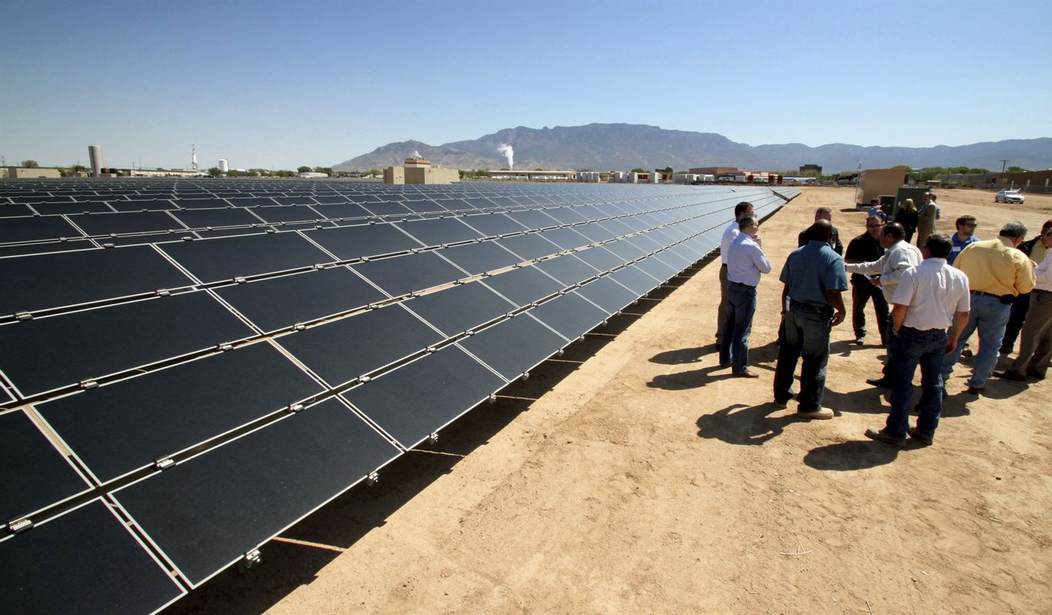As the conflict between Russia and Ukraine rages on, the United States’ dependence on Russia and other nations for oil has fueled a heated debate.
As of 2020, the U.S. gets 7% of its petroleum imports from Russia, according to the Energy Information Administration. Crude oil imports in particular from Russia also doubled in the past year, which adds another concerning layer to the conversation.
“While Americans decry what is happening in Ukraine, the United States continues to allow the import of more than half a million barrels per day of crude oil and other petroleum products from Russia during this time of war,” Sen. Joe Manchin pointed out in a press release on Monday. “This makes no sense at all and represents a clear and present danger to our nation’s energy security.”
Of course, this dependency is only perpetuated by the fact that President Joe Biden’s energy policies have almost exclusively focused on alternative energy as opposed to an all-encompassing approach. He halted new federal oil and gas leases and killed the Keystone XL pipeline project, for example.
“[W]e need to look at other ways of having energy in our country and others,” White House Press Secretary Jen Psaki told ABC News on Sunday.
“[W]e’ve seen over the last week or so is that a number of European countries are recognizing they need to reduce their own reliance on Russian oil. So I’m not sure we agree with that assessment of what needs to happen. But energy sanctions remain on the table.”
There’s a misconception by the left that there is a binary choice: either completely oppose the use of coal and oil or be a greedy capitalist who wants to drain the world of its resources.
A true free-market answer is a third option: achieve energy independence by continuing the use of non-renewable energy sources while bolstering green energy efforts to develop truly sustainable solutions. There would presumably be job growth in the energy sector, and it would be ideal to have more energy produced under U.S. regulations as opposed to other nations that could care less about their environmental impact.
Americans are financially suffering at the gas pump with a ridiculous $3.61 national average per gallon, according to AAA, and this started months ago when issues arose with the Organization of the Petroleum Exporting Countries in the Middle East. When inflation is paired with an almost childlike reliance on the rest of the world, it’s the lower and middle classes that suffer.
The next generation of Americans could likely be dealing with a world that is even more hostile to the U.S., so it is crucial that there is less leverage over one of the most crucial necessities for modern life.
By keeping a narrow focus on alternative energy, liberal politicians and environmentalists are limiting the possibilities for a successful, independent future for the U.S.









